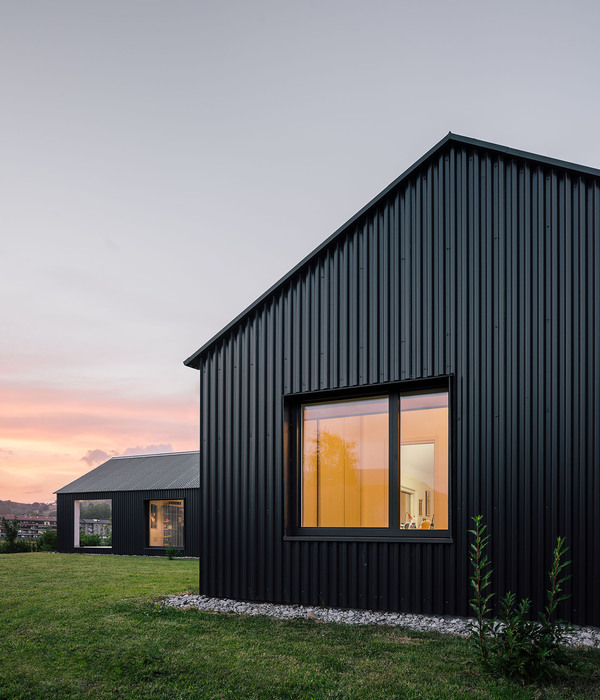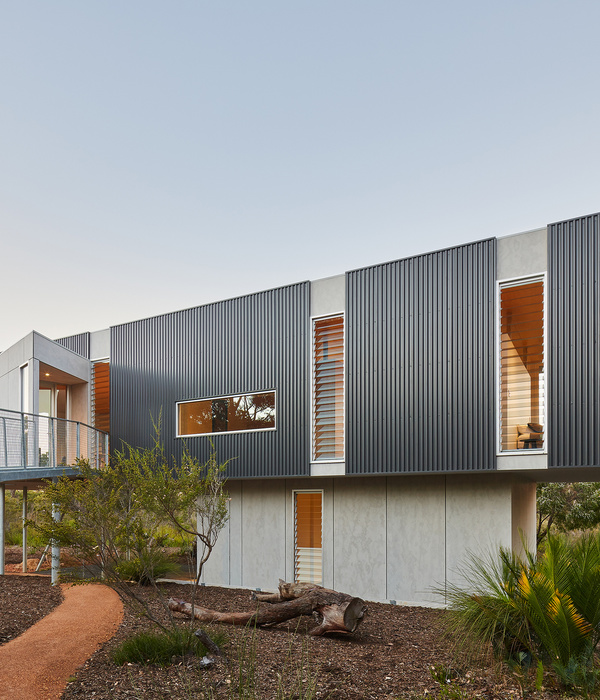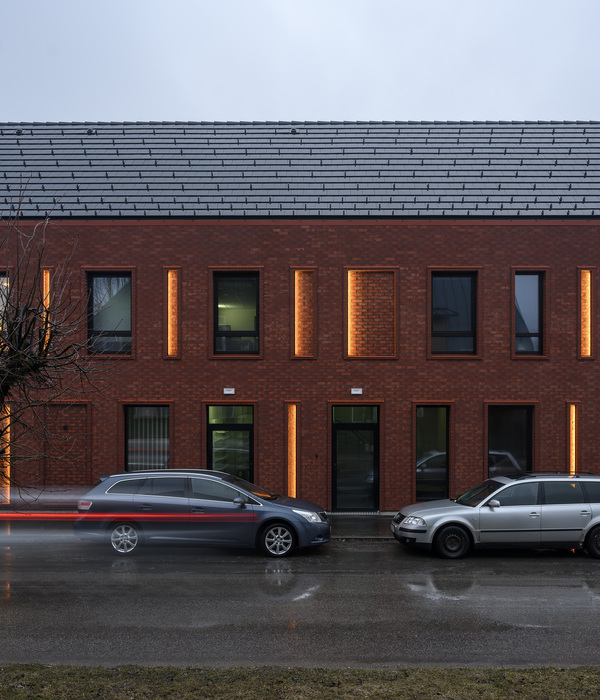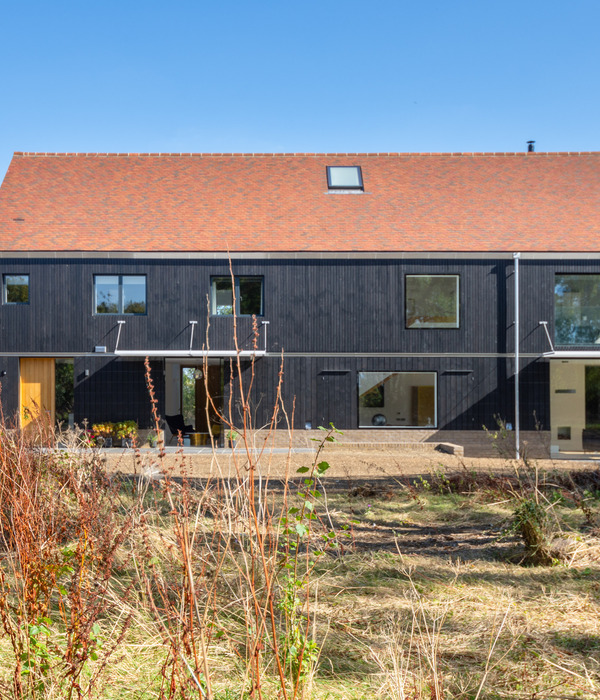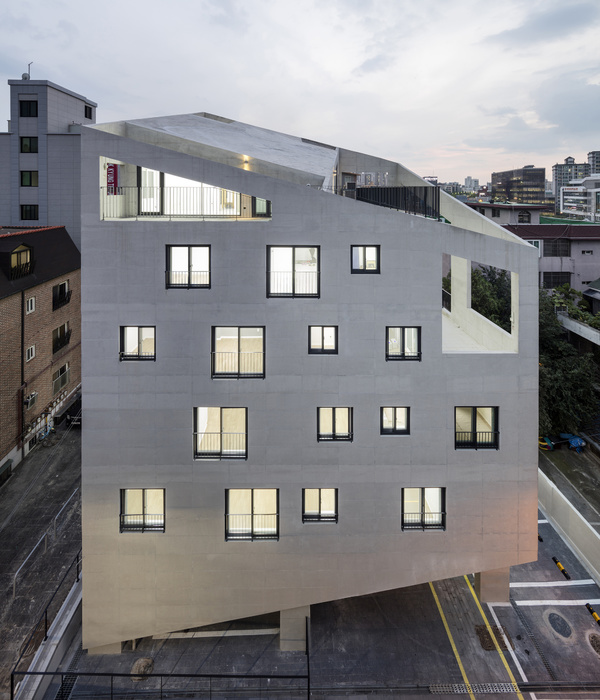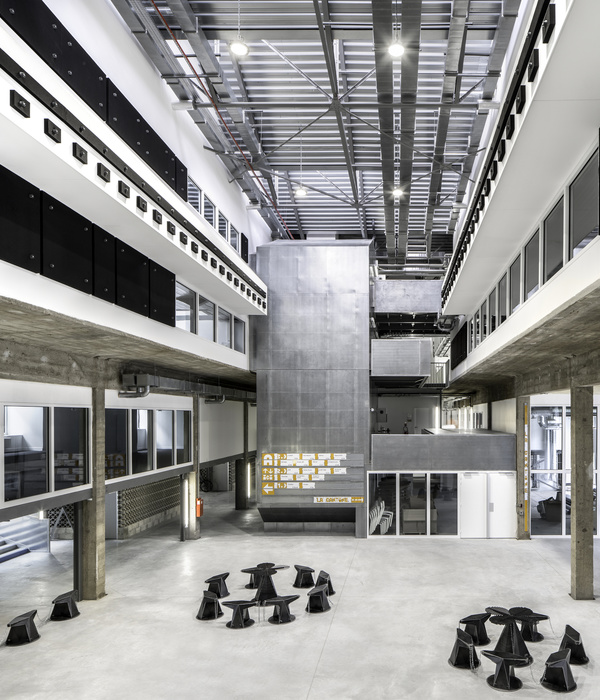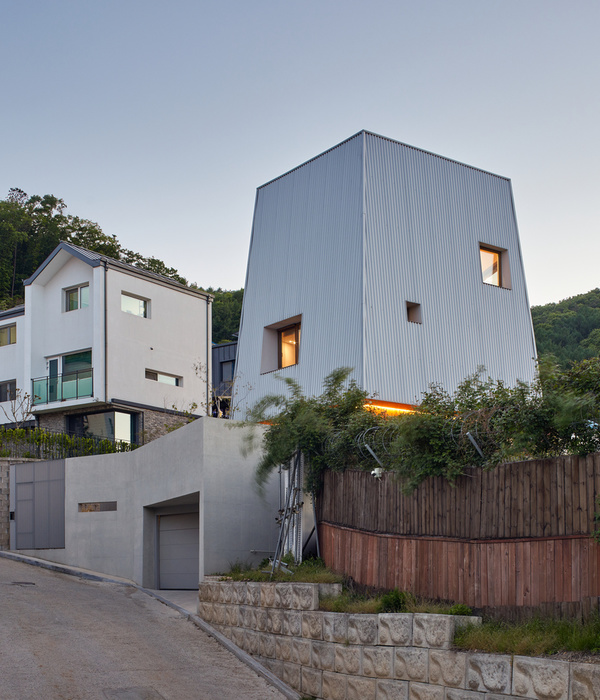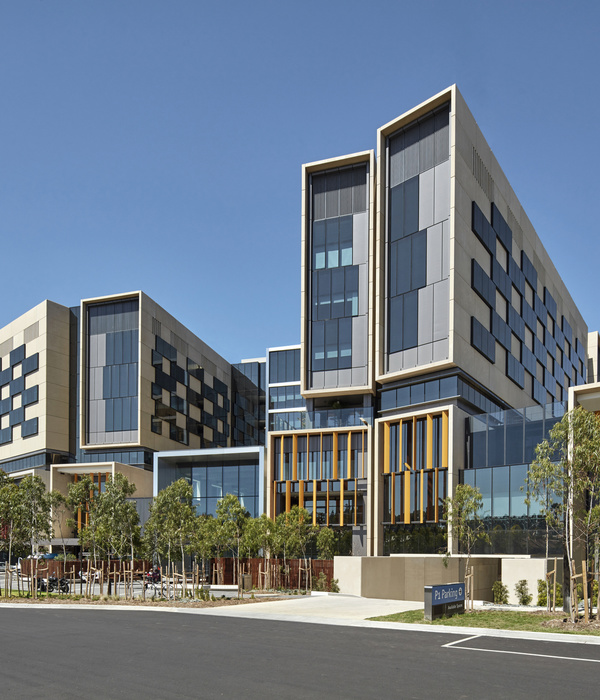Service stages: 1-4, detailed planning of the ornamented facade (ground floor – 2nd floor)
Architect: Sergei Tchoban Project partner and -leader: Philipp Bauer, Karsten Waldschmidt Team: Simon Bange, Anja Koch, Andreij Barchin (SPEECH) Architects service stage 5: GBP Architekten GmbH, Berlin
Structural engineering: Ing. Buero Jocker GmbH, Berlin Building equipment: Peil & Partner Ingenieure, Berlin Photographer: Klemens Renner
The Alhambra cinema palace in Berlin-Charlottenburg was built in 1921 according to the plans of the architect Max Bischoff and became known in 1922 as the premiere location of the sound movie. Centrally located on Kurfuerstendamm, the building was already used as a hotel at the end of the 1920s. Now the former "Hotel am Kurfuerstendamm" has been converted and extended into a modern office and commercial building with residential use in the attic.
Unlike the two neighbouring buildings, the building is not listed. In the course of the conversion measures, the historic stucco façade on the street side up to the third floor was rebuild as a pilaster/semi-column façade in the design of the former Alhambra cinema. The finely profiled wooden mullioned windows continue the historical appearance without a break. The building thus blends seamlessly into the magnificent Wilhelminian and Art Nouveau architecture of Berlin's shopping mile. In contrast, the fourth to sixth floors have a modern double skin façade with a mullion and transom construction on the outside and a generous perforated façade on the inside. The courtyard façade was also redesigned, taking up the structure of the building with a four-storey base and offset rising storeys. Balconies with horizontal balustrades are available for the tenants.
Further measures included the demolition of the existing kitchen wing including the basement, the transformer station in the courtyard, the existing roof, the eastern staircase and the existing non-load-bearing walls of the interior design. The western stairwell, the ground floor and the existing upper floors were redefined. The newly created sections include a new transverse building in the courtyard with four full floors and two staggered floors as well as a border development on the ground floor.
The existing building consists of a steel skeleton structure with load-bearing outer walls of masonry. The extension building was constructed as a reinforced concrete skeleton structure with bracing wall panels. The exterior walls were designed to be load-bearing, the thermal insulation was carried out according to the thermal insulation certificate.
The ground floor including gallery is intended for retail or gastronomy, the first to fifth floors for office use. The room heights in the office rooms are 2.75 to 3.50 meters, in other common rooms heights of at least 2.50 meters are maintained. The 6th floor of the front building was converted into an apartment. With the roof terrace on the transverse building, this apartment has a generous outdoor area.
Access to the single-storey underground car park with 30 parking spaces, two of which are barrier-free, is via the existing sidewalk crossing from Kurfuerstendamm. The ramp is located in the courtyard. By eliminating the above-ground parking spaces on the property, an unsealed green area was created.
{{item.text_origin}}

